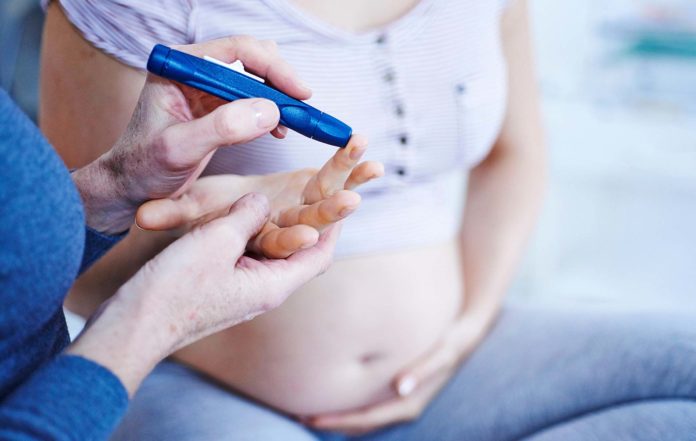Recently, a new study, whose findings appear in the journal PLOS Medicine, has discovered a new diabetes marker in women. More specifically, the researchers have discovered metabolites that can accurately predict a woman’s chances of developing type 2 diabetes after going through pregnancy.
These findings may help significantly in improving the post-pregnancy health of women as doctors will be able to identify the risk of the disease prior to its development by using a blood test for diabetes which can allow them to reduce the chances through treatment and lifestyle interventions.
The senior scientist at Toronto General Hospital Institute at University Health Network, Professor Michael Wheele, explains that the metabolic issue present in pregnant women which later causes type 2 diabetes exists even at the starting of the post-partum period.
This means that the problem is present for a very long time and effective blood testing can help in diagnosing it before it becomes diabetes.
RELATED: Scientist Fired for Telling the Truth About Coronavirus
According to the researchers in the study, the newly identified diabetes marker can predict whether a woman will develop type 2 diabetes after pregnancy with up to eighty-five percent accuracy.
Previous research has shown that nearly one in ten pregnant women develops a form of diabetes known as gestational diabetes during the period to pregnancy, which is among the biggest contributors to having type 2 diabetes later in life.
Statistically, women who develop gestational diabetes are at the greatest risk of having type 2 diabetes and develop it in ten years after giving birth.
Therefore, women who developed gestational diabetes during their pregnancies are suggested by their doctors to get oral glucose tolerance tests every year after giving birth in order to check whether the body is effectively using insulin to break down glucose in the body.
Diabetes type 2 primarily affects the ability of the body to use insulin, the hormone needed to breakdown and digest sugars.
A person with the disease is likely to develop various health complications and is usually suggested to make major changes in the diet and overall lifestyle to avoid further health issues.
Women who have had gestational diabetes during pregnancy and type 2 diabetes later are especially highly likely to have multiple complications.
However, nearly half of the women are unable to get regular oral glucose tolerance tests done due to different reasons including the lack of facilities and the test being too time-consuming.
Wheeler explains that parents with newly born children are unlikely to have time for long testing procedures that require regular visits to the hospital.
Therefore, one of the major reasons for the study was for creating a fast and simple blood test that can help both the doctors and the women.
The researchers in the new study built on a previous pilot study that looked at over one thousand women who developed gestational diabetes while being pregnant which were a part of a larger SWIFT study.
Many of the women developed type 2 diabetes within a few years after giving birth which eventually led to the discovery of the new metabolite marker for diabetes type 2 by the researchers.
To do so, the researchers collected blood samples from the women six to nine weeks after giving birth as well as twice every two years for eight years.
According to the lead author of the study, Hannes Röst, the newly identified marker contains amino acids along with sugar molecules, both of which hint an underlying issue with the metabolism.
A research scientist at the Kaiser Permanente Division of Research, Erica Gunderson says that these findings will not only help in developing a blood test for diabetes in women but also help in understanding the disease better.




